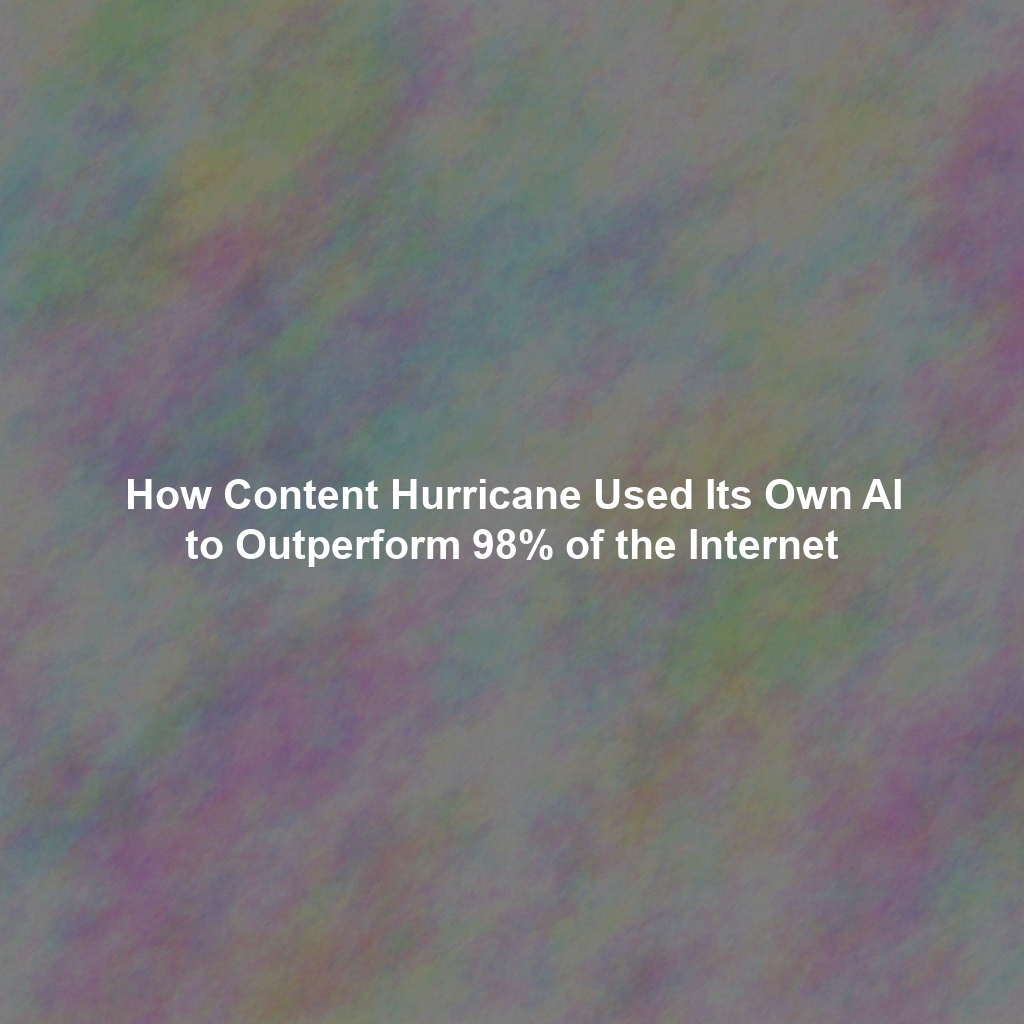In today’s rapidly evolving digital landscape, Generative AI (GenAI) is making waves in content creation. It can churn out articles, product descriptions, and social media posts at lightning speed. But amidst the technological advancements, a critical question arises: can AI truly replicate the nuanced art of human writing, particularly when it comes to emotion and empathy?
The Rise of AI in Content: Speed and Efficiency
GenAI tools are undeniably impressive. They excel at tasks like:
- SEO Optimization: Quickly identifying and incorporating relevant keywords.
- Grammar and Spelling: Producing text that is generally error-free.
- Style Consistency: Maintaining a uniform tone and voice throughout a piece.
- Data Analysis: Processing vast amounts of information to generate summaries and reports.
This efficiency makes AI a valuable asset for streamlining content workflows. However, efficiency isn’t everything.
The Empathy Deficit: Where AI Falls Short
While AI can mimic human language, it lacks genuine emotional intelligence and the capacity for empathy. Empathy is the ability to understand and share the feelings of another. It’s about stepping into someone else’s shoes and seeing the world from their perspective. This is crucial for crafting content that truly resonates with an audience.
Understanding the Audience’s Emotional Needs
Effective content goes beyond simply conveying information; it addresses the audience’s underlying needs and desires. Consider a blog post about grief counseling. An AI might generate text that defines grief and lists coping mechanisms. A human writer, however, can tap into the reader’s emotional state, offering comfort, validation, and a sense of hope. They can use language that acknowledges the pain of loss and provides genuine support.
Creating Authentic Connections Through Storytelling
Stories are powerful because they evoke emotions. Human writers can draw on their own experiences and observations to craft narratives that are relatable, engaging, and memorable. They can use anecdotes, metaphors, and vivid imagery to create an emotional connection with the reader. AI, while capable of generating stories, often struggles to imbue them with the same level of emotional depth and authenticity.
The Impact on Content Quality: Beyond Grammar and SEO
The absence of emotion and empathy can significantly impact the quality of content in several ways:
- Lack of Engagement: Content that fails to connect emotionally is less likely to capture the reader’s attention and keep them engaged.
- Missed Opportunities for Connection: Without empathy, writers miss opportunities to build trust and rapport with their audience.
- Potential for Misinterpretation: In sensitive situations, AI-generated content can come across as tone-deaf or insensitive, potentially damaging a brand’s reputation.
Human Writers: Bringing Authenticity and Nuance to Content
Human writers possess a unique ability to:
- Understand the nuances of language: They can use sarcasm, humor, and other rhetorical devices effectively, while AI often struggles with these subtleties.
- Adapt to different audiences: They can tailor their writing style and tone to suit the specific needs and preferences of their target audience.
- Inject personality and voice: They can infuse their writing with their own unique perspective and voice, making it more engaging and memorable.
The Role of Experience and Expertise (EEAT)
Google’s EEAT (Experience, Expertise, Authoritativeness, and Trustworthiness) guidelines emphasize the importance of these qualities in content creation. Human writers can demonstrate EEAT by drawing on their personal experiences, conducting thorough research, and building a reputation as a trusted authority in their field. While AI can access and process information, it cannot replicate the lived experiences and expertise that contribute to genuine authority and trustworthiness.
The Future of Content: A Hybrid Approach?
The most likely future of content creation involves a hybrid approach, where AI assists human writers in streamlining tasks and improving efficiency, while human writers focus on the creative aspects that require emotion, empathy, and critical thinking. For example, AI can be used to generate initial drafts, conduct keyword research, and proofread content. Human writers can then refine the text, add emotional depth, and ensure that it aligns with the brand’s values and the audience’s needs.
Conclusion: Embracing the Human Element
While AI offers significant advantages in terms of speed and efficiency, it cannot yet replicate the emotional intelligence and empathy that are essential for effective content creation. Human writers still have the edge when it comes to understanding and connecting with audiences on a deeper level. By embracing the human element and leveraging AI as a tool to enhance, rather than replace, human creativity, we can create content that is both informative and emotionally resonant.





Leave a Reply